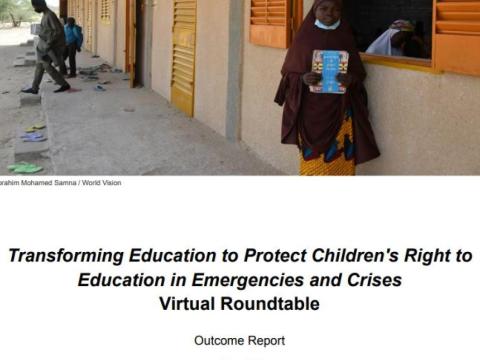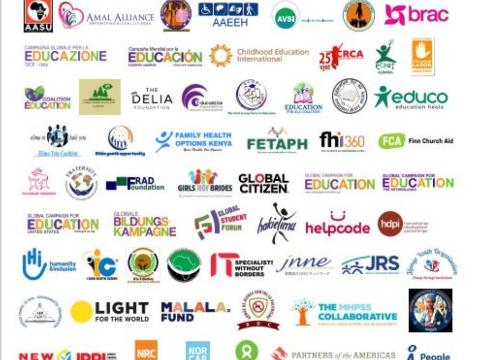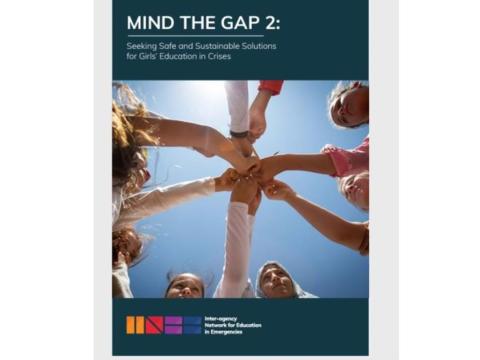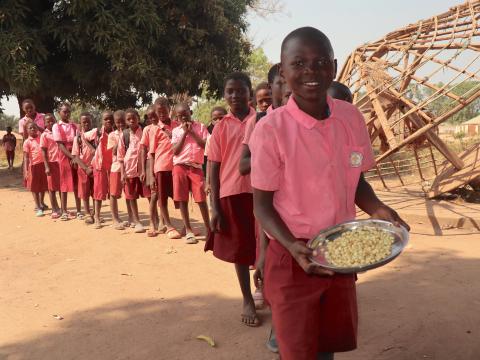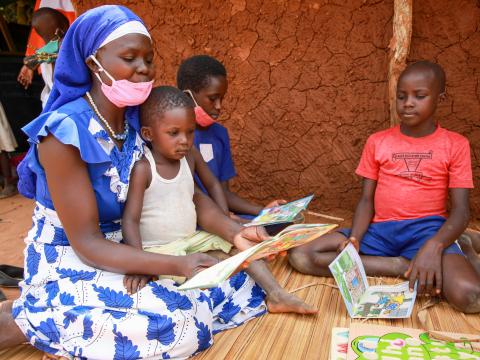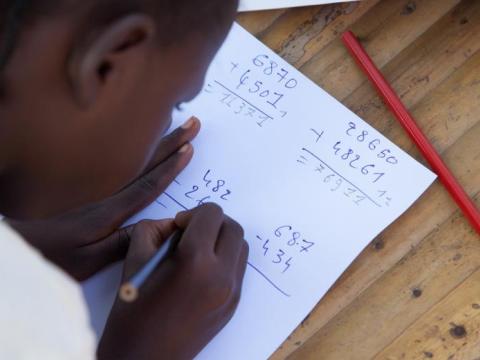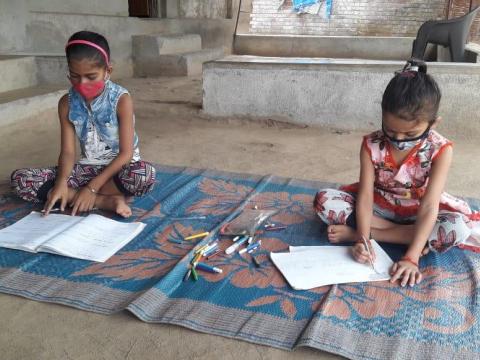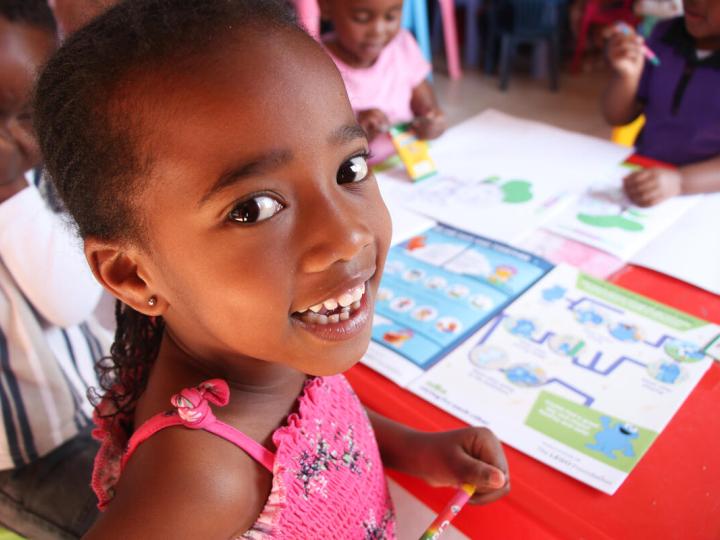
Education
Education
When crisis strikes, education seems to not be the top priority for political leaders, as witnessed during the last G7 Summit. The world is facing an unprecedented education crisis, with irreversible damage caused to future generations by COVID-19-related school closures and a rollback of years of progress on women’s and girls’ rights. It is critical that actors in the education sector and beyond come together with a common goal – to support children through holistic, collective, and intersectoral approaches with a long-term view.
Our Impact
World Vision’s Commitment
As part of the UN Transforming Education Summit, World Vision joined 92 organizations around the world to call for concrete commitments and immediate action to support the education needs of 222 million children and young people affected by conflict and crisis by:
-
Transformation #1: Delivering on crisis-resilient education plans and education-inclusive humanitarian response plans that bridge the humanitarian-development-peace nexus
-
Transformation #2: Creating intersectoral planning and response platforms at national and global levels to achieve whole-child support
-
Transformation #3: Committing to real financing solutions to make education free for every child
World Vision’s Work
Strengthening parental confidence. World Vision’s Go Baby Go model is a parenting programme that aims to strengthen caregiver competence and confidence to provide nurturing care in her/his first 1000 days.
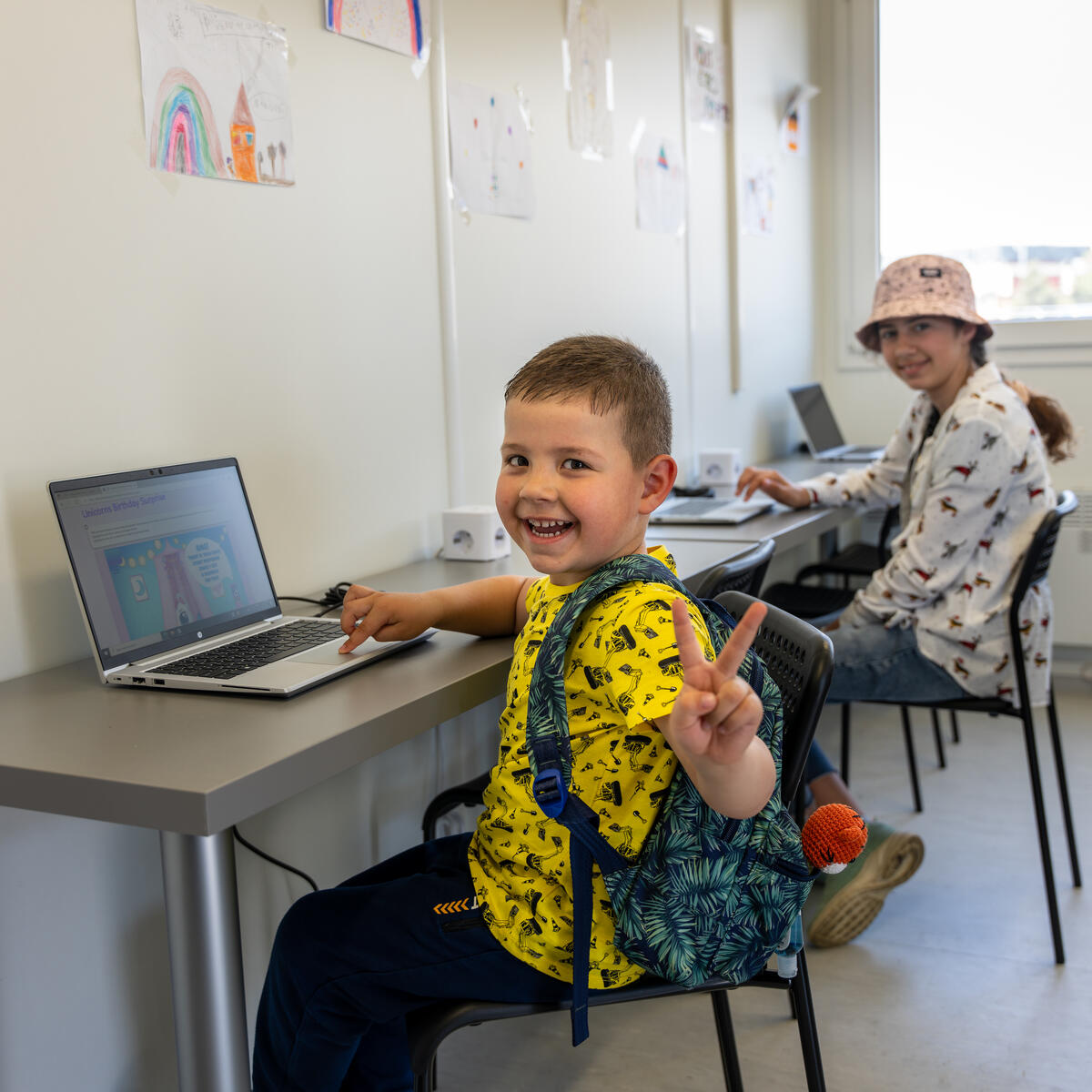
Strengthen community support. World Vision’s early grade award-winning reading programme, Unlock Literacy, helps communities to set up Reading Clubs and trains community volunteers to facilitate playful, fun literacy activities. Throughout COVID-related school shut downs, World Vision used these Reading Clubs as a platform through which to distribute at-home learning materials, or to encourage participation in distance learning efforts provided by the Ministry of Education. In Fanteakwa, Ghana, World Vision set up 33 Reading Clubs in 21 communities allowing children to borrow books to read. During school closures, the project distributed over 16,000 storybooks, 140 different titles, which were borrowed by over 1200 children every week. We are currently working with members of the Accelerated Education Working Group to further develop and test guidance for communities on providing and/or supporting catch up learning efforts to assist children’s transition back to school.
Facilitate greater engagement between caregivers, community and school. COVID-related school closures necessitated perhaps a greater engagement between teachers/schools and families than in the past to find ways of engaging with parents to help their children learn at home. However, greater parental and community involvement in forming a new vision for the future of education is called for in both the Brookings Institution’s Family School Engagement Playbook and UNESCO’s Reimaging Our Futures Together: a new social contract for education. Research conducted with schools in World Vision’s programmes in Uganda showed that community monitoring improves test scores and pupil and teacher attendance at low cost, but only when communities can choose the criteria by which they judge school performance.
